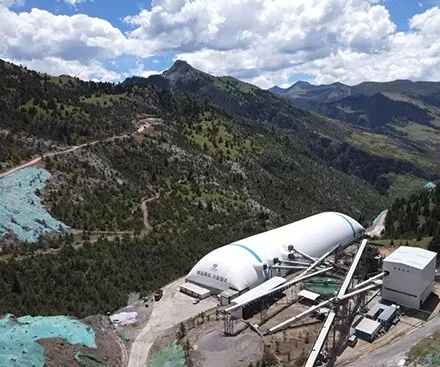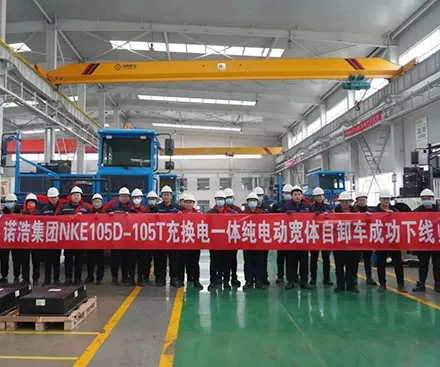Excavators are indispensable heavy machinery used in construction, mining, and demolition projects. Designed for tasks such as digging, lifting, and moving heavy materials with precision, they are a significant investment for any construction company. To maximize this investment, it's crucial to understand the life expectancy of an excavator and the factors that contribute to its longevity. In this article, we will explore the average lifespan of an excavator, the factors affecting its life expectancy, and provide maintenance tips and best practices to prolong its service life.
The life expectancy of an excavator can vary depending on several factors, including the type of excavator, its usage, and maintenance practices. On average, an excavator can last between 7,000 and 10,000 hours, provided it has been well-maintained, not damaged, and has received regular maintenance. This range is a general estimate, and the actual lifetime hours may differ from brand to brand and model to model.
1. Usage: The number of hours an excavator is used and the intensity of its workload significantly impact its lifespan. Heavy use and poor maintenance can quickly reduce an excavator's life expectancy to about 8,000 hours or less.
2. Maintenance: Regular maintenance is crucial for extending an excavator's life. Proper care of the undercarriage, tracks, and other components helps prevent wear and mechanical issues, ultimately prolonging the machine's lifespan.
3. Operator Training: Well-trained operators who follow proper operating procedures and safety guidelines can significantly contribute to the longevity of an excavator. Improper operation can cause unnecessary wear and tear on the machine, reducing its life expectancy.
4. Environmental Factors: The environment in which an excavator operates also impacts its lifespan. Exposure to extreme temperatures, abrasive materials, and irregular surfaces can take a toll on the equipment, leading to a shorter life expectancy.
1. Schedule Maintenance Based on Usage: Regularly inspect and maintain your excavator according to the manufacturer's recommendations and the machine's usage. This includes oil and filter changes, hydraulic system checks, and overall system inspections.
2. Invest in Operator Training: Ensure all operators are well-trained in proper operating procedures and safety guidelines to minimize the risk of damage to the excavator. Proper operation can significantly extend the machine's lifespan.
3. Inspect for Signs of Wear: Routinely inspect the undercarriage, tracks, hydraulic hoses, and other critical components for signs of wear or mechanical issues. Promptly address any problems to prevent further damage and downtime.
4. Adjust Maintenance Depending on the Environment: If your excavator operates in harsh environments—such as extreme temperatures, abrasive materials, or irregular surfaces—consider adjusting your maintenance schedule and practices accordingly. This proactive approach protects the machine from premature wear and ensures optimal performance over its lifespan.
1. Keep Your Equipment Clean: Regularly clean your electric excavator to remove mud, grease, and dirt that can contribute to accelerated wear and corrosion. Pay attention to the undercarriage, tracks, and hydraulic components.
2. Perform Visual Inspections: Conduct routine visual inspections of your excavator to identify any signs of wear, leaks, or damage. Inspect hydraulic hoses, cylinders, and attachments regularly to catch issues early.
3. Update Maintenance Records: Maintain accurate and up-to-date maintenance records to track the service history of your excavator. This helps in scheduling preventive maintenance and addressing recurring issues promptly.
4. Use Protective Gear: Invest in protective gear, such as covers and guards, to shield your excavator from environmental hazards like sunlight, rain, and debris. This helps prevent premature deterioration and extends the machine's lifespan.
The lifespan of an excavator hinges on critical factors such as usage patterns, maintenance routines, operator proficiency, and environmental influences. By comprehending these elements and adhering to rigorous maintenance and operational best practices, you can effectively prolong the longevity of your excavator, thereby optimizing its utility and enhancing project efficiency.
Stay tuned with KNOW-HOW for further insights into heavy equipment maintenance and operational strategies.

Jul. 23, 2022
View More
Jun. 15, 2022
View More
Jun. 01, 2022
View More